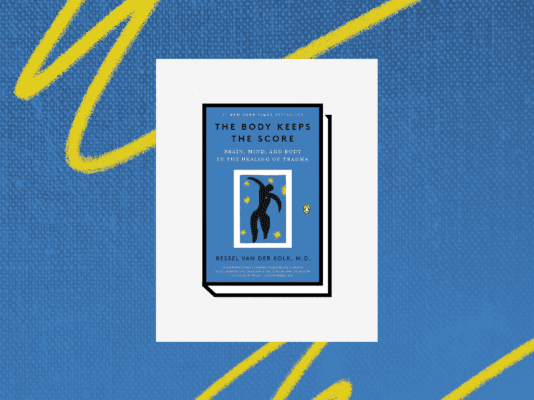I spend a lot of my time thinking through mental health and faith, as well as helping church communities do the same, and I’m encouraged. I’m encouraged by society’s attempts to reduce the stigma surrounding depression and anxiety. I’m encouraged by the Church’s efforts to do the same. My experience has been that Christians are willing to talk about mental health. Yet we can often struggle to know what to do or say. We want to help, but we don’t know how. Yet, this is a great start.
A simple way to help
I believe there’s one powerful way the Church can take mental health more seriously, and it’s so simple you may have overlooked it.
One of the things I’ve realized during my journey of living with depression is the blessing that could be found in all the resources God gives us. He gives us doctors and psychologists to help treat us, and that’s a great mercy. This is not the Church’s role. We aren’t meant to diagnose. But there is something we can do to take mental health more seriously. Love.
The Church can love.
One of the greatest heartaches of living with a mental illness is how unloveable you feel. Often the most difficult person in your world is yourself, and you can tell yourself all kinds of lies and words of condemnation. “I’m not good enough,” “What’s the point?,” “Why would anyone want to spend time with me? With this?”
We need to take mental health seriously because, like any other kind of frailty, our gospel genuinely makes a difference.
This is why the gospel is a soothing balm to the lies of mental illness, because we’re reminded at our core that we are so deeply loved, and that God’s love is not dependent on our lovability. The more the Church can represent that truth with its love toward one another, the greater the outcome can be.
I urge you, brothers and sisters, in view of God’s mercy, to offer your bodies as a living sacrifice, holy and pleasing to God—this is your true and proper worship … Love must be sincere. Hate what is evil; cling to what is good. Be devoted to one another in love. Honour one another above yourselves. Never be lacking in zeal, but keep your spiritual fervour, serving the Lord. Be joyful in hope, patient in affliction, faithful in prayer. Share with the Lord’s people who are in need. Practice hospitality (Rom. 12:1, 9-13).
Three practical suggestions
We need to take mental health seriously because, like any other kind of frailty, our gospel genuinely makes a difference. And so, what does love look like in a context of mental illness? Here are three practical suggestions that may help you get started:
1. Be consistent. If your friendship is built on a common interest in watching or playing sports, keep offering to watch or play sports. If it’s spending time at a cafe, catch up at your favorite spot. Depending on how he or she is feeling at the time, your loved one may not always take you up on the invitation. But consistency shows that the relationship is safe, no matter what the season.
2. Listen well. Love is not a doormat, and if you think there is advice that would help your loved one in his or her time of need, you should feel free to speak it. But do it slowly. If you notice a change that you’re concerned about, make sure you ask plenty of questions first. Rather than leading with a statement like, “I think you’re depressed,” a question like, “You seem a bit flat at the moment, is everything OK?” allows your loved one to speak for themselves and creates a tone that is much more open to conversation.
3. Recommend a local doctor. If, after chatting further, you still have concerns, suggesting your loved see his or her doctor is one of the best things you can do. Doctors are the gateway to a range of many other health services, and so bringing them into the conversation can make a huge difference. You may even like to offer to go with your friend to the initial appointment, assuming this is something he or she is open to.
Through it all, make sure you remember that loving your neighbor is not the same as saving, or fixing, your neighbor. It can be heartbreaking to see loved ones spiral into poor health, but we can’t control the outcome of anyone’s life. We’re simply asked to see what opportunities we have to love that are in front of us, and steward them for God’s glory and the welfare of one another.
When I see that happening, I’m encouraged. But more importantly, God is glorified.










